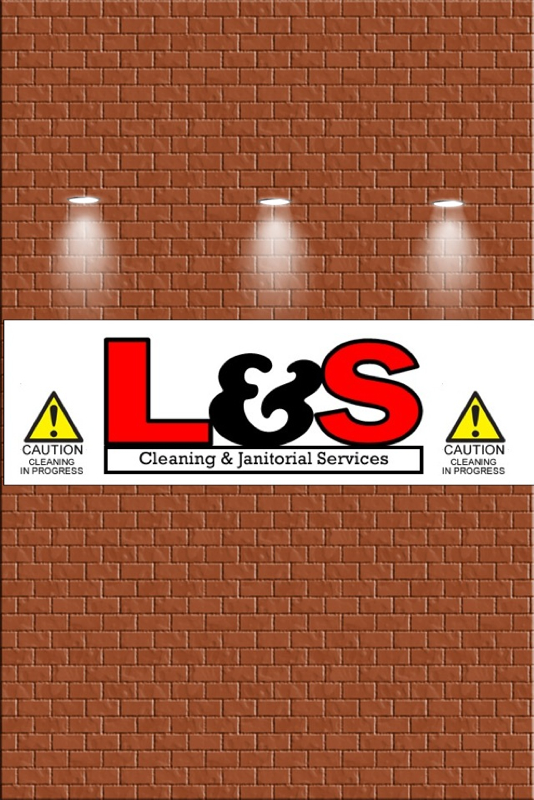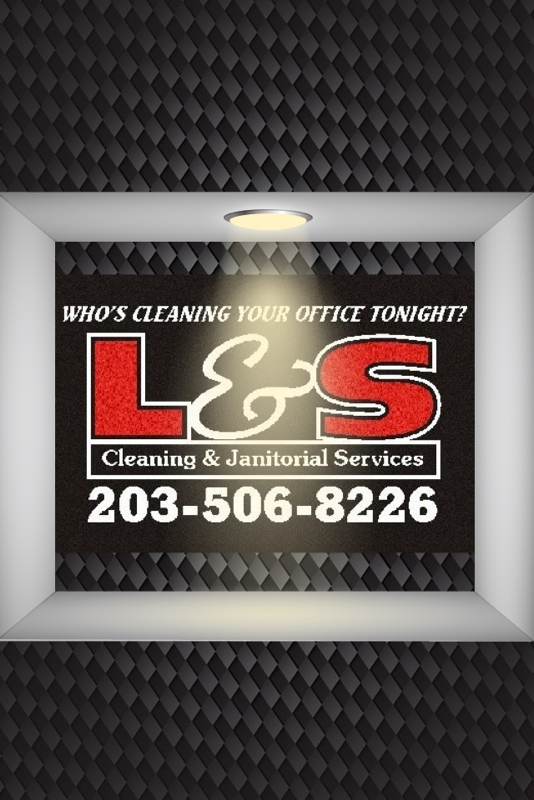Don't be afraid — cleaning a refrigerator (and keeping it clean) isn't a herculean task if you follow these tips:
- Create a homemade all-purpose cleaner by combining the following in a gallon of hot water: 1 cup clear ammonia, ½-cup vinegar and ¼-cup baking soda. Pour into a spray bottle, or use from a bowl with a sponge. This no-rinse formula is a degreaser that prevents mold and mildew. Wipe down the entire refrigerator with this solution, including the drawers and shelves.
- To prevent grease and odor buildup on top of the refrigerator after you've cleaned it, just buff some paste wax into the surface.
- Use toothpaste to remove tough stains. It contains a gentle abrasive and has a pleasant odor.
- To get those dust bunnies out from under the refrigerator, remove the grill and run a yardstick covered with a pair of pantyhose underneath. Also check the pan of water under the unit, since it can hold unpleasant-smelling water.
- To combat household odors, fill a clean old sock with activated charcoal from an aquarium store, tie a knot in the top and place it in the back of the refrigerator. This will last a month or two, depending on the size of your refrigerator and how heavily you use it.
- For a faster fix for odors, sprinkle vanilla extract on some cotton balls, place in a shallow dish and put in the refrigerator. Orange extract also works.
- Eliminate lingering odors in your vegetable bins by putting a crumpled piece of a brown paper grocery bag inside and leaving it for 48 hours. The paper will absorb the odor.
- Check for adequate tightness of the insulating seam around the door by placing a lighted flashlight inside the refrigerator and closing the door. Turn off the lights in the room (this should be done at night) and see if any light escapes from the seams. This will help you pinpoint any leaks.
- If you don't keep your refrigerator full, fill a large bottle (at least a gallon) with water and leave it in the refrigerator. It helps keep the refrigerator cool and running efficiently.
- Keep your refrigerator at 37 degrees.


 RSS Feed
RSS Feed